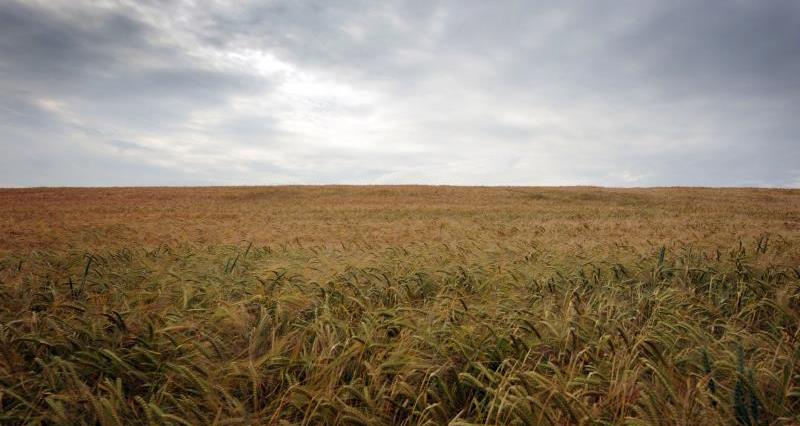While thoughts of spring field work are not currently high on the agenda (it certainly doesn’t feel like an early spring this year), plans are in place and ready to be acted upon when the weather and soil conditions allow.
However, it does mean I have time to revisit our farm’s Integrated Pest Management Plans and make sure that they can be implemented whenever and wherever possible. This exercise was prompted after reading a review of Defra’s National Plan for Pesticides (NAP) consultation which has been drafted in respect of the Sustainable Use of Pesticides (SUP) plan.
The headline aims of the NAP are about encouraging ‘sustainable pest management‘; minimising the risks and impacts of pesticides to human health and the environment, enhancing biodiversity and ensuring pests and pesticides resistance are managed effectively. These goals are admirable and I am sure we as growers already strive to achieve such aims within our businesses and will continue to do so.
But some of the wording in the NAP does give rise to some potential high-level concerns. For instance, production and productivity are barely mentioned in comparison to the last NAP report which was released in 2015. Clearly production and productivity should be at the forefront of policy and unless policy is backed up by a robust and progressive ELMs scheme, a scheme that offers positive returns, advice, guidance and support to growers, then I fear that the current proposals will not resonate.
The continued and increasing development of IPM is high on the agenda under the NAP, but we must not let it be seen as a sole solution in itself and a simple alternative to pesticides. IPM should not be seen as a new innovation – rather it is something we already do on our farms. It needs to be driven and supported with robust metrics and achievable targets in line with the potential risks to the productivity of our businesses. Supporting IPM within ELMs would also go a long way to help and progress its continued uptake.
In terms of measuring and the metrics of plant protection products, the concern is that Defra will pick a simple and easy to use system, rather than one that recognises and encompasses the complexity of pesticide usage. Blunt and blanket reduction targets are a real risk to growers and their businesses – something that can be seen in some of the reaction to EU's ‘Farm to Fork’ strategy.
Over-burdening regulation and legislation will raise the concern of loss of actives without proper and robust impact assessments and effective alternatives being available, increasing the reliance of Emergency use Authorizations, which are very rarely handled in a timely fashion. The loss of seed treatments and CTL are prime examples of this and how the unintended consequences can have an immediate effect on the profitability of our farms.
The NFU’s response to the NAP consultation will address the above concerns and other issues within the report. We will be stressing that the importance of food production, productivity, international competitiveness and resistance management must be at the centre of Defra’s thinking when it comes to this area of policy. We must also work across industry to help deliver the NAP aims and the Voluntary Initiative (VI) will be key here, as a body where farmers, agronomists and other industry stakeholders can come together to represent sustainable food production will be crucial and the VI is the best vehicle for this.
It must not be left to Defra and other NGO’S to make these vital decisions on our behalf, and while there is a large, and dare I say it, inconvenient, number of consultations demanding our attention at the moment, I urge you all to take the time to put your views forward.
